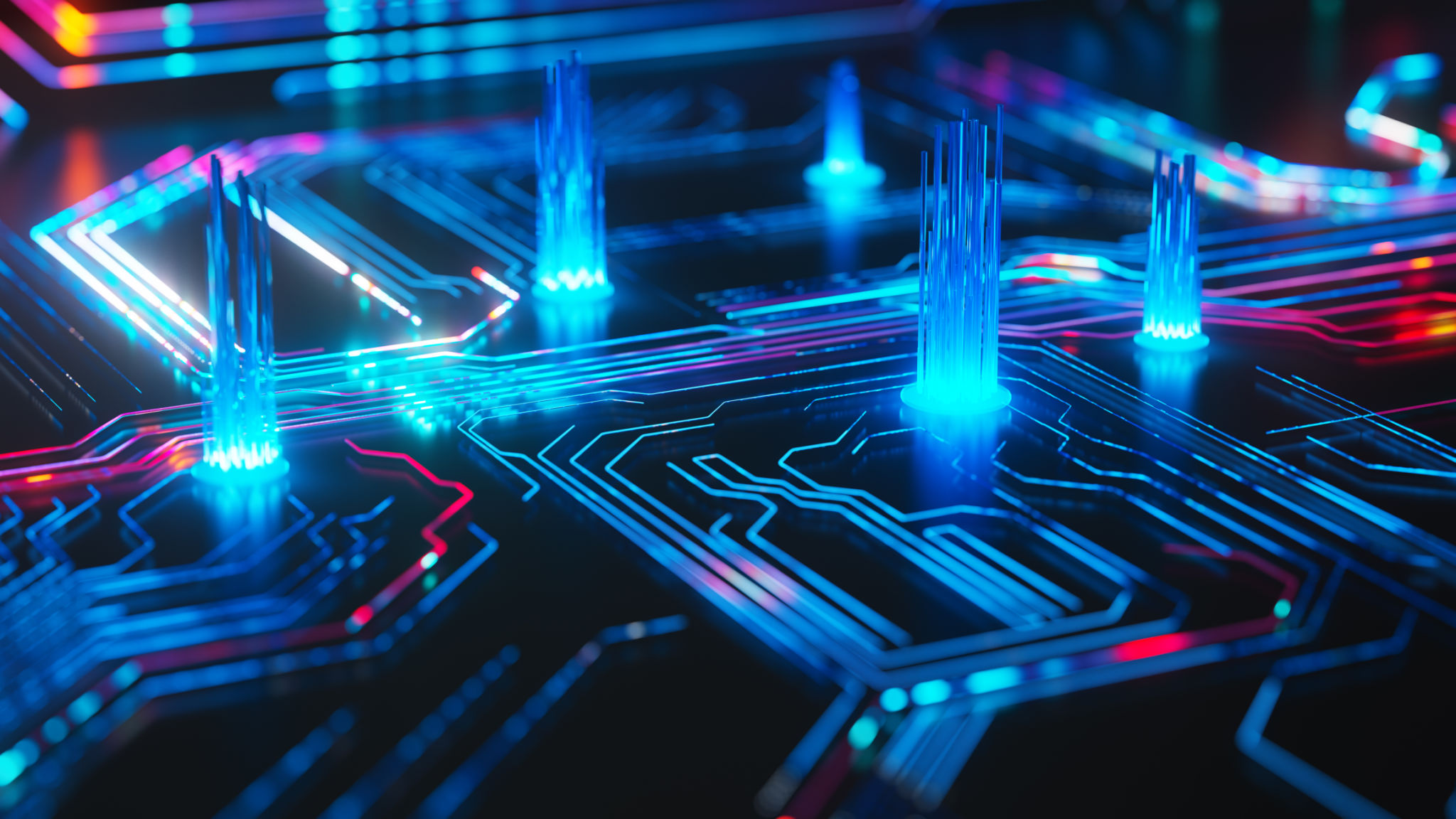Exploring the Advantages of AI in Energy Efficiency Solutions
The Role of AI in Transforming Energy Efficiency
In recent years, artificial intelligence (AI) has emerged as a powerful tool in various sectors, and energy efficiency is no exception. As the world grapples with the dual challenges of climate change and energy sustainability, AI offers promising solutions to reduce energy consumption and optimize energy use. By integrating AI technologies, businesses and households can significantly enhance their energy efficiency practices.

Smart Energy Management Systems
One of the most significant advantages of AI in energy efficiency is its ability to manage energy systems smartly. AI-driven systems can analyze vast amounts of data from various sensors and devices to optimize energy usage. These systems can predict energy demand, adjust energy supply, and identify inefficiencies in real-time, ensuring that energy is used only when needed.
For instance, AI can monitor and control heating, ventilation, and air conditioning (HVAC) systems, adjusting temperatures based on occupancy and weather conditions. This not only reduces unnecessary energy consumption but also maintains comfort levels for occupants.
Predictive Maintenance and Energy Savings
AI's predictive capabilities play a crucial role in maintaining equipment efficiency. By analyzing data from machinery and infrastructure, AI can predict when maintenance is needed before a fault occurs. This proactive approach prevents equipment failures that could lead to significant energy waste or even downtime.

Additionally, predictive maintenance extends the lifespan of equipment, leading to cost savings and reduced environmental impact. This preventive measure ensures that machines operate at optimal efficiency, further enhancing energy savings.
AI in Renewable Energy Integration
The integration of renewable energy sources into the power grid is another area where AI demonstrates its value. Renewable sources like wind and solar are inherently variable, posing challenges for consistent energy supply. AI algorithms can forecast weather patterns and adjust the energy output to match demand, ensuring a stable and efficient power supply.
Moreover, AI can facilitate the seamless integration of distributed energy resources, such as rooftop solar panels, into the grid. This maximizes the use of renewable energy while minimizing reliance on fossil fuels.

Enhanced Energy Analytics and Consumer Insights
AI-driven analytics provide valuable insights into energy consumption patterns. By analyzing data from smart meters and IoT devices, businesses and homeowners can gain a deeper understanding of their energy use. These insights enable them to make informed decisions about energy-saving measures and identify areas for improvement.
Furthermore, AI can personalize energy recommendations for consumers based on their unique usage patterns, helping them achieve greater efficiency without compromising on comfort or convenience.
The Future of Energy Efficiency with AI
As AI technology continues to advance, its potential to revolutionize energy efficiency grows. Future innovations may include autonomous energy systems that self-optimize without human intervention, further enhancing sustainability efforts.
Organizations that embrace AI for energy efficiency will not only benefit from reduced costs but also contribute to global sustainability goals. By leveraging AI's capabilities, we can create a more sustainable future with smarter, more efficient energy systems.
